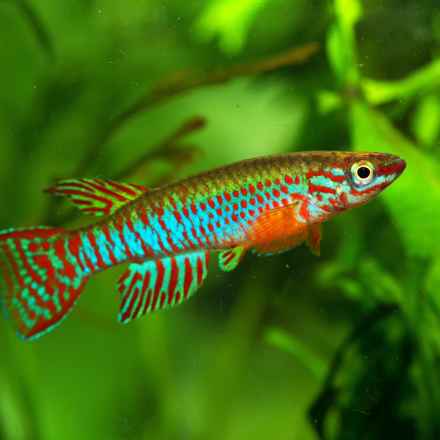
Our research projects
Since 1987 the Macular Society has invested around £10 million in over 100 research projects. Each year we invite applications for research grants, PhD studentships and seedcorn grants which are assessed by our Research Committee.
Research grants
Research grants are for projects of up to three years duration and up to £300,000, which covers everything from laboratory chemicals to salaries.
PhD studentships
A PhD studentship funds a student to undertake a three year research project. The student submits a thesis for qualification of the degree, which is the highest level of academic degree attainable.
Seedcorn projects
A seedcorn grant is funding of up to £25,000 to generate preliminary data to advance innovative and novel ideas.

Investigating the genetics of cone dystrophy
Exploring gene therapy for cone dystrophy, aiming to slow or halt vision loss from RPGR (Retinitis pigmentosa GTPase regulator) mutations.
Find out more

Using gene therapy to investigate the pathways involved in AMD progression
This project will investigate the role of the ageing process in vision decline, with the aim of identifying novel targets for further research into potential therapies. It will use gene editing to create a variety of models of the retinal pigment epithelium (RPE), the cell layer that provides photoreceptors with nutrients, to examine what is happening at a molecular level in the progression of age-related macular degeneration.
Find out more

Creating a new laboratory macular model
This project will investigate the potentially important genes that need to be switched on early in pregnancy for the macula to form. It will look into precisely when and in which cells they are switched on and give us understanding into how the macula is made. This is key for identifying what can go wrong and gives us clues about designing effective treatment strategies.
Find out more

Looking at the connection between proline transport and macular health
This team has already studied SIT-1 extensively, including looking at how small molecules bind to it. This research project will extend this work by testing how proline transport and metabolism can be optimised for retaining macular health.
Find out more

Multi-dimensional imaging in early AMD
This project will use new technology called ‘imaging mass cytometry’ to develop a means of looking into the several components involved in the switching on and off of the part of the immune system called the complement system.
Find out more

Studying retinal ageing in a rapidly ageing fish
Dr Nicole Noel’s research uses killifish to study how ageing affects the retina. By comparing fish and human data, this project reveals how macular degeneration develops and how it might one day be prevented.
Find out more
